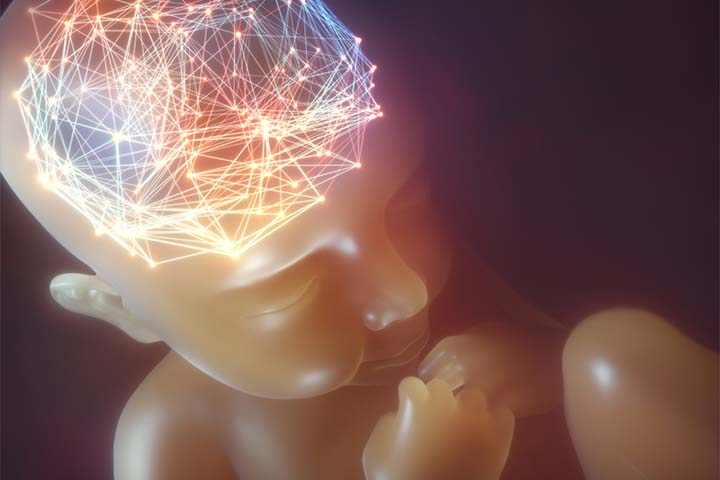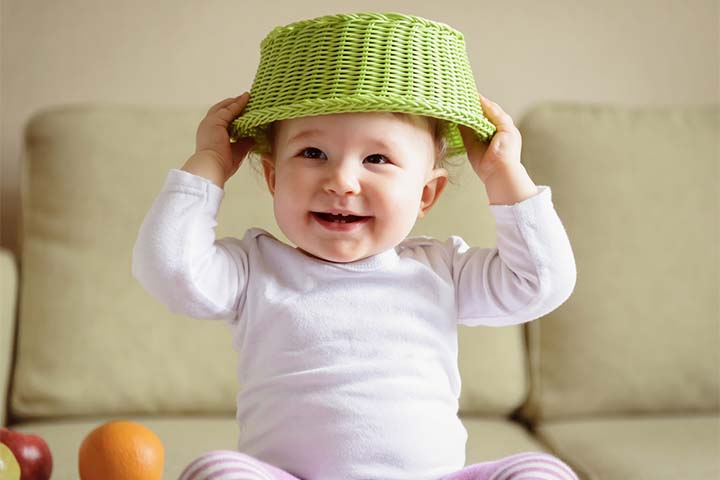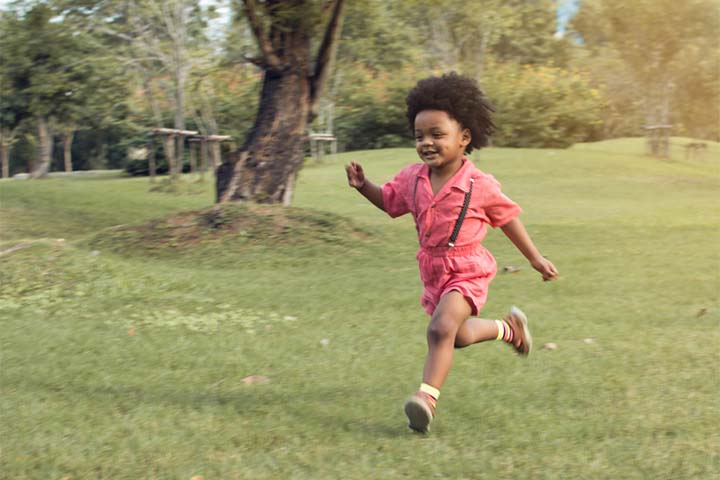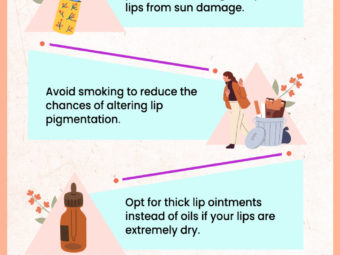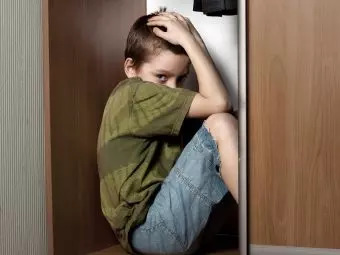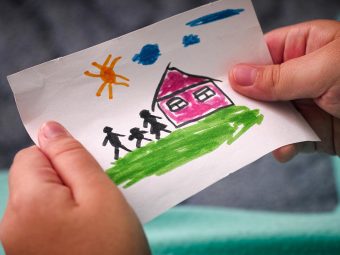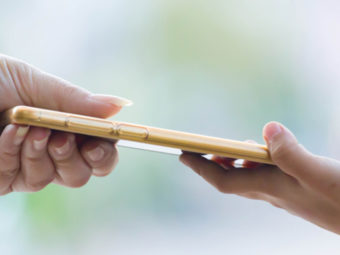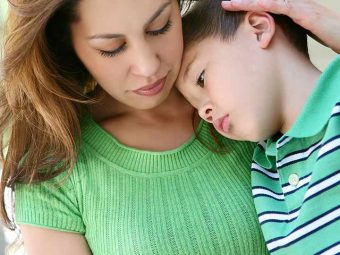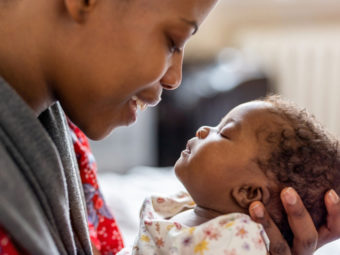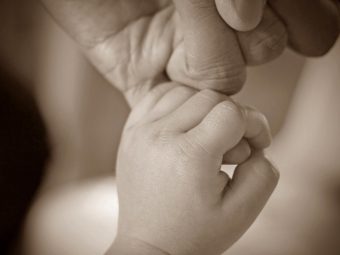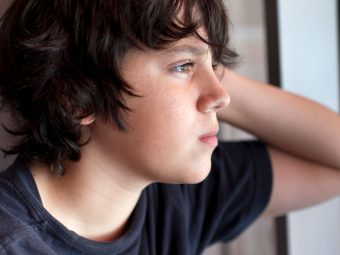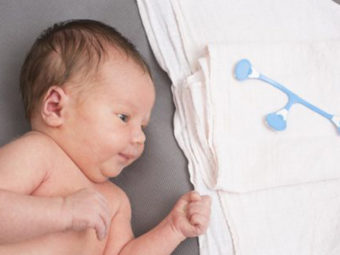
Image: Shutterstock
You’ve probably heard many health professionals say that about 90% of the brain development of a human being happens before they turn 5 years old (1). And although this may sound unbelievable, it’s not a stretch. The process starts in the uterus, and while it does continue into adulthood, the brain develops at a much faster rate through the first 1,000 days of life than at any other time. Those early years are extremely important as this is when the brain has a greater capacity to observe, adapt, and learn new skills and abilities, from recognizing parents’ faces to throwing food all over the house to finally being able to walk and talk. Babies develop rapidly during the first few months but their brain develops a lot in the first 1000 days, even if it doesn’t look like it. If you’d like to keep track of your newborn’s development and have some insight into everything they are learning to do at a rapid pace, then this is the article for you.
1. Brain Stage: In The Womb
Image: Shutterstock
There are many processes that happen in the uterus when a baby is being formed. But the two main processes are that of brain cell creation and neuronal migration (2).Once the brain cells are created they start to form a brain that is able to function as soon as possible. They do this by a process called neuronal migration, which means moving to the parts of the brain where they are designed to fit (3). That could be deep in the hippocampus, where we store memories, or in the part of the motor cortex, which helps us move our left arm. This is the main purpose of cell division at this stage.
This means that your baby starts developing their motor and sensory system in the womb. And their senses usually are activated around the 8 week gestation period. By around 11 weeks, they begin using their hands and feet to feel out their environment and their own bodies. They also respond to their mothers’ movements which is why they tend to kick back. This may also be because of their sense of hearing as their ears are fully developed by week 20 (4). And although their eyesight isn’t as good as their hearing, their vision also develops in the womb.
2. Brain Stage: Birth To 12 Months
Image: Shutterstock
Once your baby is born their developmental process will occur continuously. There are 3 main processes that take place in the brain after their birth that stretch out for their formative years. One such process is neurons making new connections with one another. This process essentially helps wire together different parts of the brain that need to work together and communicate effectively (5). The brain cells usually do this by growing more dendrites which are “arms” that connect the brain cells.
The second process is pruning, which is when the brain makes extra cells and connections in order to allow flexibility when needed (6). Then it finds redundancies or connections it doesn’t really need and pulls back on them in order to focus on the ones it does need. The third process is called myelination, or white matter development. This process occurs through and even beyond our 20’s (7). During this process neurons that are used a lot get wrapped up in white matter in order to help messages travel faster and more efficiently.
3. Birth Stage: 1 To 3 Years
Image: Shutterstock
Aside from further development of the sensory and motor systems and cognitive functions, more complex brain systems begin interacting around the preschool age (8). Think of it this way. Instead of going through big chances and developments in the visual or the cognitive system, the brain focuses on linking up different regions in order to facilitate a harmonious working system. This way the brain starts to function more effectively. We can also see the development in brain regions of the brain that support emotional processing, logic, and reasoning. So your baby learns to balance and share their toys at the same time.
This is the time when kids learn to walk, kick, crawl and perform a multitude of other physical activities and movements. And they start to speak short sentences or a couple of words. The brain system helps them follow instructions, have basic conversations, categorize objects, point to objects in picture books, get excited around other kids, and gain independence.
It may be overwhelming to see everything that goes on inside your baby’s brain during their first 1000 days but the brain is a marvelous instrument. As long as your child is hitting their milestones and is healthy and strong, there is absolutely nothing to worry about. Just focus on keeping your baby safe and healthy and let the brain do the rest!

